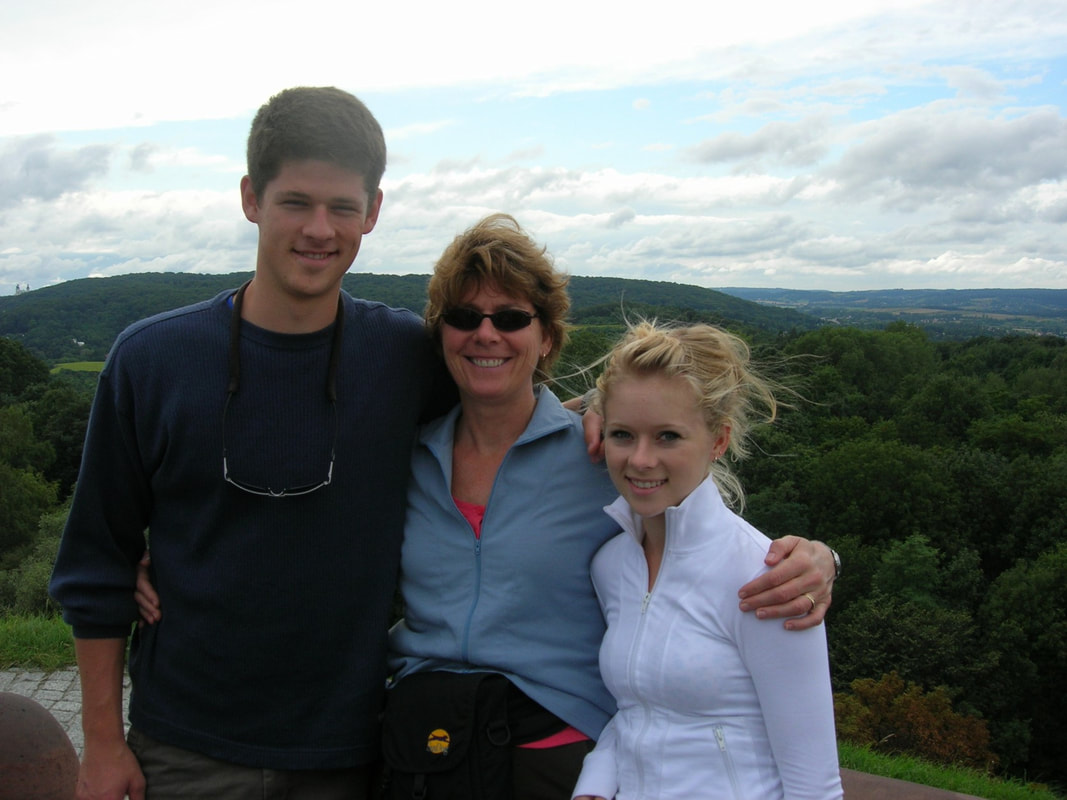
The Self Worth of an Alienated Parent
In my last article[1], I posed the question as to whether, as a Mother, you can love your children too much. I have expressed self-doubt and questioned my own role in my adult children’s estrangement from me. In a home where my children received unconditional love and proper emotional support from me and material comfort from their father, what are the sources of alienation? Why do they refuse to have an adult relationship with me?
Unconditional love can be defined as love without conditions: I love you no matter what. However, I believe a more thorough definition would include a conscious choice to love someone by accepting whom they are-with a condition. The condition is that we unconditionally love someone freely with specific boundaries. Unconditional love is not, “Love me and supply what I need…despite how I treat you.”[2]
Unconditional love for another must take into consideration certain conditions since we must unconditionally love ourselves as well. We cannot expect love to flourish under insensitive conditions. As we teach our children, we can accept that they may not like a limitation we may impose on them. They can call us ‘Bad Mommy’. However, we should not accept that they try to hit or kick us. We set a condition that teaches them that loving someone is not about hurting someone. We do not label them as a deviant child. And we do not stop loving them because of their mistake.
What if your child grows up and holds resentment towards you because you held a boundary with them? What if they grow up and now believe you were an angry person or cold and heartless because you would not let them hit their sister? They may not recall that memory, but you do as their parent. Our children do not remember all that we strived for in their best interests. They may forget the preponderance of our unconditional love.
Here comes the part where I have no doubt. I loved my children unconditionally.
It distresses me deeply to say that is not true anymore.
I must tell you a bit about my story. My Mother and I were not cut from the same cloth. Unfortunately, she struggled with her own nature and had serious difficulties in developing any significant interpersonal relationships. My nature just could not resonate with hers. I felt that she desired connection through blaming others for her unhappiness littered with a judgment against others, to include our extended family members. Today, I understand that she lived a frightening inner life and felt threatened by too many people.
So, I did not learn about unconditional love from my own mother. When I raised my children, I did not want to repeat this pattern (I do not believe my Mother was loved unconditionally either) and I intentionally endeavored to be a different kind of mother.
Unconditional love values human worth. What does it mean to be human? Discussing humanity includes examination of human behavior. Generally speaking, human behavior is described as a response to internal and external stimuli throughout our lives, driven in part by our thoughts and feelings.[3] Being human is an incredibly active process with great potential to learn from experiences.
As a mother, I said to myself that I wanted to show my children that I valued who they were and loved them as they were learning from their experiences and making mistakes. Because we all make mistakes. Our responsibility is to learn from our mistakes since it is impossible not to make them. I have no doubt that my children did not learn about a lack of compassion and understanding from any of my lessons.
We have a responsibility to hold to the power of love that we know to be true, and to not allow the world around us to deaden that in ourselves.[4] I have not stopped loving my children. I just cannot love them the same way as I used to because of how they have chosen to treat me over the past 10 years.
Continue to be who and how you are, to astonish a mean world with your acts of kindness.[5] Do not look to others for redemption - redeem yourself. Do not allow your child’s unkind behavior to extinguish your good nature. You are not your mistakes. Your mistakes are just you being human. Learn from your mistakes. Show yourself compassion for being a human being and unconditionally love yourself.
That is what I have learned.[6]
[1] Anne Bulger, “Bitter or Better”, https://www.linkedin.com/pulse/bitter-better-anne-bulger-rn-lmft/, (August21, 2020).
[2]John Amodeo, “Is Unconditional Love Really Possible?”, https://www.psychologytoday.com/us/blog/intimacy-path-toward-spirituality/201801/is-unconditional-love-really-possible, (January 2, 2018).
[3] Human Behavior. (n.d.). In Wikipedia. Retrieved September 29, 2020, from https://en.wikipedia.org/wiki/Human_behavior.
[4] Lucas Johnson, A Network for Grateful Living-Word for the Day, https://gratefulness.org/, (September 6, 2020).
[5] Maya Angelou, “Continue”, https://english.duke.edu/news/poem-day-continue, (May 6, 2020).
[6] Anne Bulger, “What is Unconditional Love?”, https://annebulger.com/estranged-parent-blog.html , (September 29, 2020).

 RSS Feed
RSS Feed